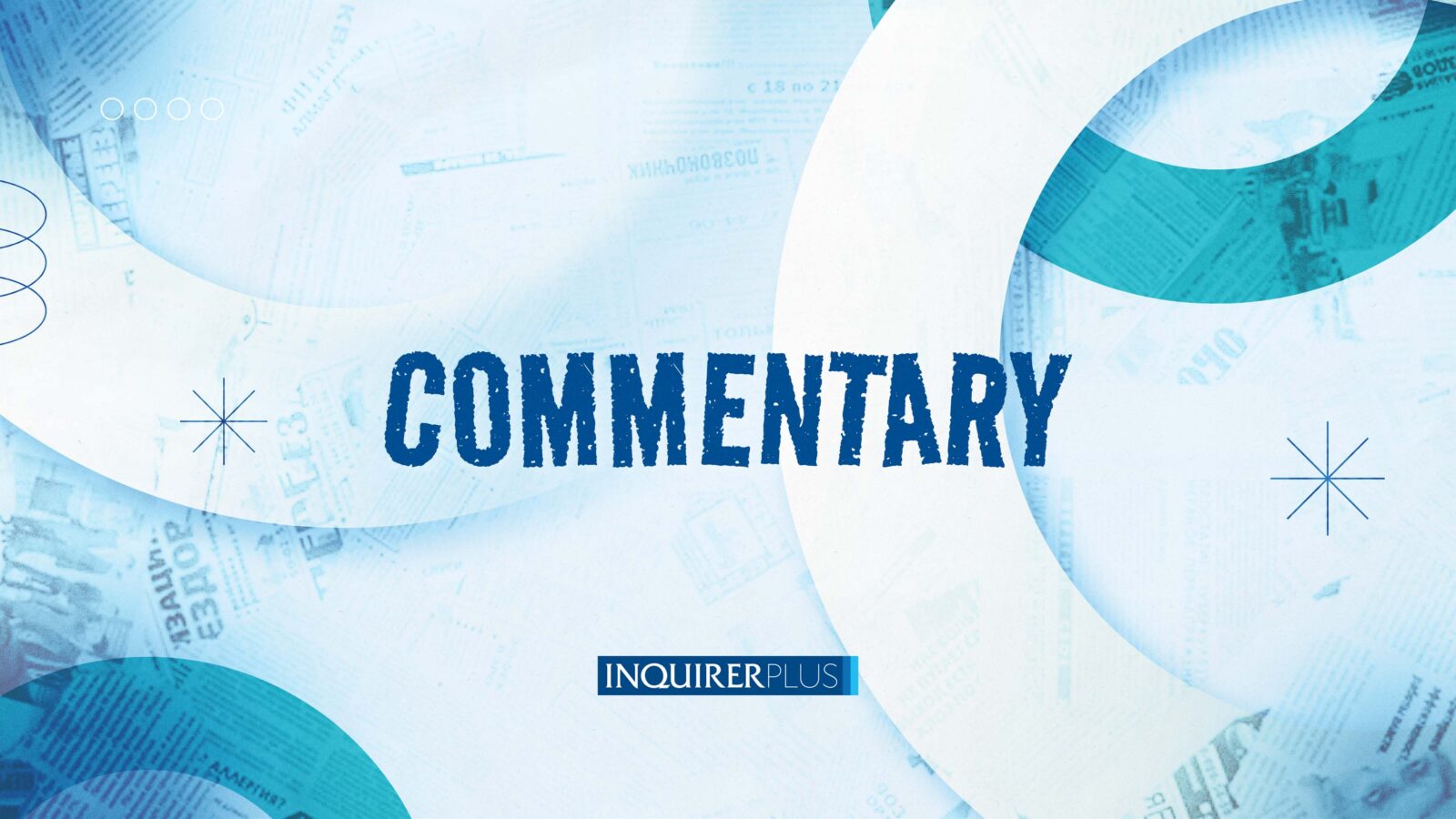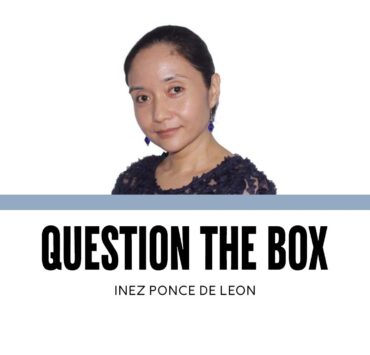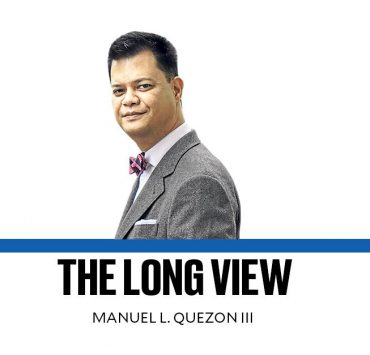Ensuring our economic future

The appointment of two economic experts to even greater positions of influence is heartening. Secretary Frederick Go, who is now secretary of finance, takes on his new assignment with solid credentials and formidable experience both in the private and public sectors. His most recent post was special assistant to the President for investments and economic affairs, an office tasked to harmonize, coordinate, complement, and synergize efforts to address, among others, inflation, food security, and the increasing prices of commodities to improve the economy and the quality of life of Filipinos.
At the same time, former Sen. and Finance Secretary Ralph Recto’s designation as executive secretary could only be positive for the country. He can help ensure a steadier political and economic landscape given his history of championing economic reform and job creation. We are even more hopeful that the economy is in capable hands despite its current troubles.
—————-
According to the recent PricewaterhouseCoopers Philippines and Management Association of the Philippines survey, an overwhelming 91 percent of CEOs believe that the country is falling short in addressing corruption.
This is not just a governance concern. It is an economic concern, a competitiveness concern, and ultimately a national development concern. Corruption weakens institutions, raises the cost of doing business, and pushes investors toward safer environments. It blurs accountability and creates uncertainty. It keeps our people from enjoying the inclusive growth they deserve.
In the Stratbase Institute’s Pilipinas Conference held last week, the direct link between governance and economic growth was one of two major issues discussed among representatives from the government, the private sector, the diplomatic community, and civil society. For a decade now, the Pilipinas Conference has gathered leaders from government, business, civil society, and the international community.
Stratbase will continue this work for as long as it is needed. We will keep providing a platform where ideas are tested, where data guides decision-making, and where collaboration drives action. We do this because we believe the Philippines can choose a better direction, and because we know that reform is possible when citizens and institutions move with purpose.
The conversation was made even more timely and urgent because of the current political scandal engulfing the government. What started as an exhortation by President Ferdinand Marcos Jr. during his State of the Nation Address last July has now developed into a massive and yet still-unfolding crisis that has exposed how widespread and deep corruption is in the country. The plunder of taxpayer money is also not limited to flood-control projects alone; nor is it confined to any one geographic area or any single political administration.
For too long, governance and economic growth have been treated as separate conversations. In truth, they cannot be separated. Good governance drives economic confidence. Economic confidence drives jobs, innovation, and opportunity. When governance fails, people pay the price. And the cycle repeats.
Despite the temptation to give in to despair, we choose to imagine a different future. A future where transparency is the norm. Where public institutions earn trust. Where investors find stability in rules, not personalities. Where citizens, especially the youth, understand that their voices shape the kind of country they inherit.
We are not blind to the uncertainty that governance challenges create. Yet we also see something important. More Filipinos are demanding accountability. More sectors are speaking plainly about the kind of leadership our future requires. This is a sign of democratic resilience, not decline.
And throughout these shifts, the private sector has remained a steady partner in pushing for reforms, investing in communities, and believing in the long-term potential of the Philippines. Their commitment is indispensable to national progress.
During the conference, no less than the Ombudsman Jesus Crispin Remulla, acknowledged that economic security begins with honest, transparent, and accountable governance as he emphasized that strengthening transparency today means securing economic transparency tomorrow.
For his part, Public Works and Highways Secretary Vince Dizon shared the three goals of the Marcos administration’s fight against corruption. First, those responsible must be held accountable. Second, whatever was taken from the people must be returned. Third, there must be genuine reform.
Ultimately, only tangible results, and certainly not mere rhetoric, would indicate just how serious the government is in pursuing anticorruption measures. From these, investors will take the cue as they gauge whether the Philippines is truly a good place in which to put their capital.
The potential of Filipinos and of the economy is undeniable. If we get governance right, growth follows. If we ignore it, the cost will be carried by generations
—————-
Dindo Manhit is the CEO and managing director of Stratbase Group.

















